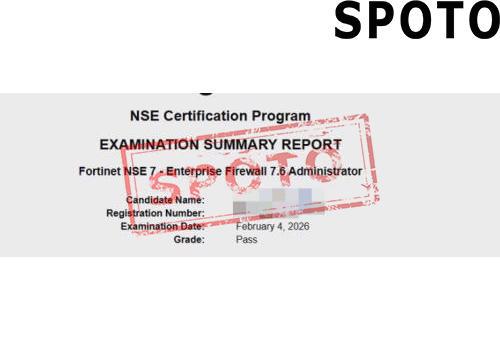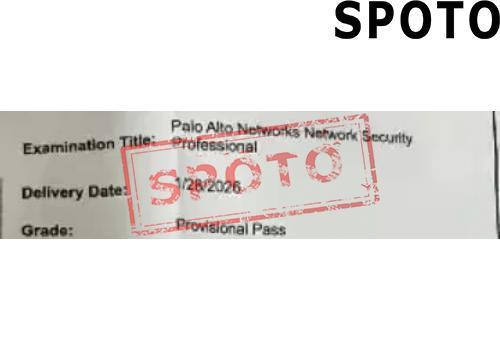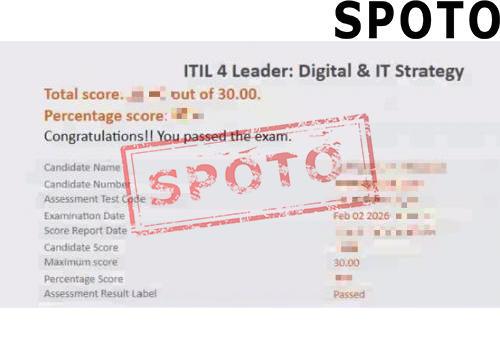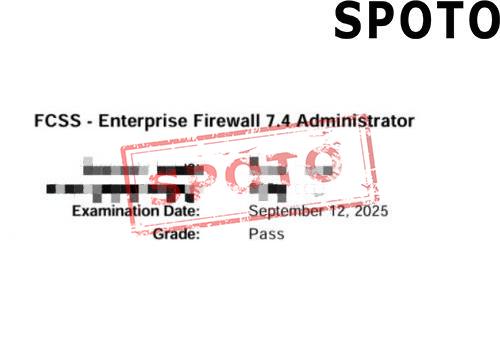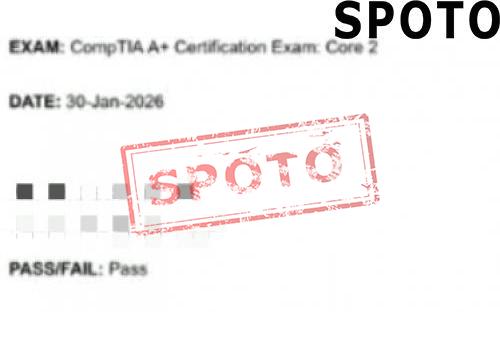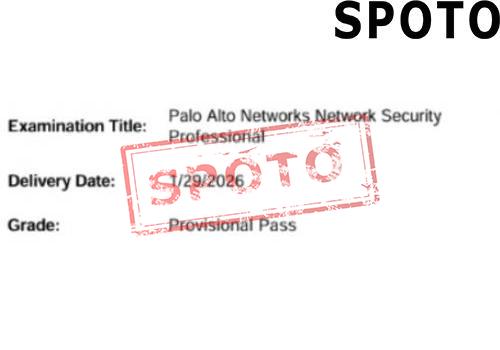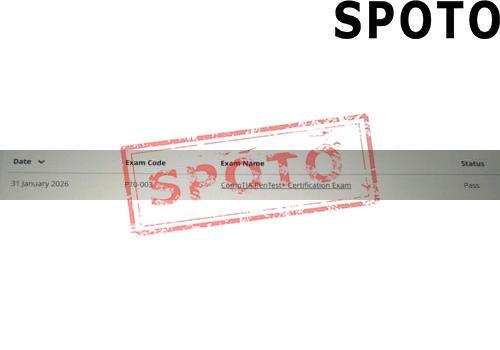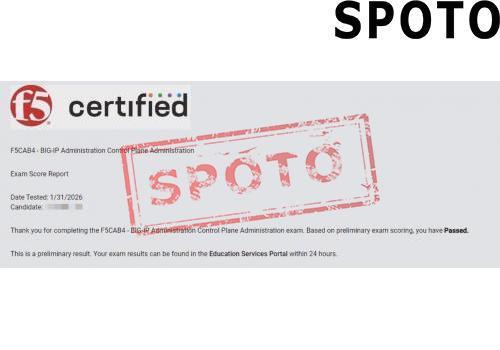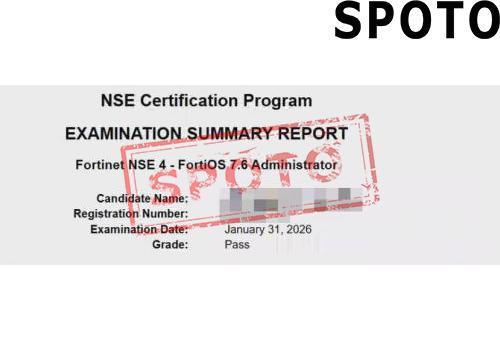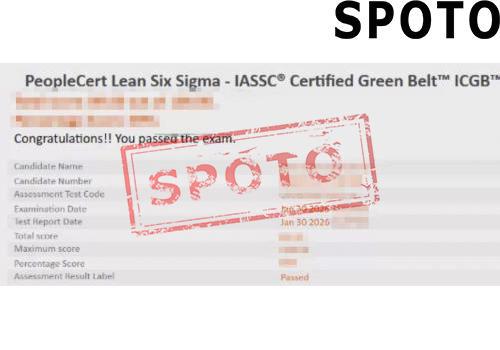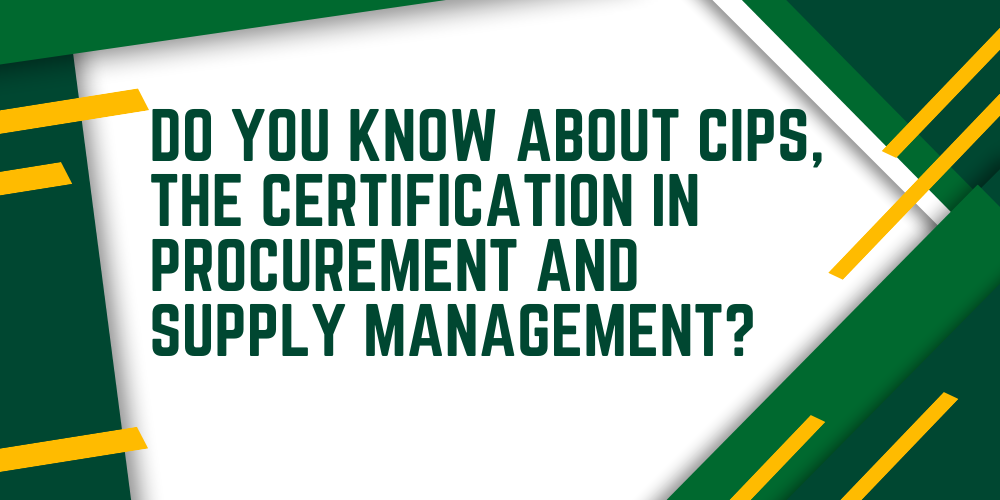
Table of Contents
- 1. Introduction to the CIPS certification
- 2. The Competitive Edge of a CIPS Certification
- 3. Core Components of the CIPS Certification
- 4. What are the requirements to be a Chartered Institute of Procurement & Supply?
- 5. Comparable Certifications to Chartered Institute of Procurement & Supply certification
CIPS certification is a certification in the field of procurement and supply management dedicated to improving your capabilities in procurement and supply management.
1. Introduction to the CIPS certification
The Chartered Institute of Procurement & Supply (CIPS) certification is a highly authoritative and professional qualification in the global procurement and supply management field and it aims to cultivate and certify professionals with comprehensive procurement and supply management knowledge, skills, which has a wide international influence.
In today's globalized business environment, procurement and supply management play a vital role in a
company's operational efficiency, cost control, and competitiveness. The core of the CIPS certification focuses on the entire procurement and supply management process, cultivating professionals who can strategically apply specialized knowledge and advanced methods to optimize procurement decisions, manage supplier relationships, control supply risks, and enhance procurement value, thereby contributing to the company's sustainable development.
Like a "brain trust" for a company's procurement and supply chain, these professionals are deeply involved in every aspect of the process, from demand analysis and supplier sourcing, contract negotiation, logistics and distribution, to supplier performance evaluation. With their profound professional expertise, they can navigate complex and volatile market environments, diverse supplier landscapes, and evolving corporate needs, ensuring that procurement activities meet both current operational needs and long-term strategic objectives.
2. The Competitive Edge of a CIPS Certification
Obtaining CIPS certification signifies that you have undergone rigorous assessment by a professional organization and possessed procurement and supply management knowledge and skills that meet international standards. This will give you a strong competitive advantage when applying for positions across all levels of procurement and supply management, making you more attractive to employers.
The process of preparing for and obtaining the certification encourages you to systematically and comprehensively learn all aspects of procurement and supply management, from fundamental concepts to in-depth study of specific aspects. This provides a solid foundation for further research and practice in procurement and supply management, facilitating your future career development.
For professionals seeking to deepen or expand their careers in procurement and supply management, the CIPS certification is a powerful catalyst. It can open doors to more job opportunities, allowing you to participate in higher-level procurement projects and assume more prominent procurement management positions. It also often leads to increased salary and benefits, demonstrating the value of professional expertise in this field.
The CIPS certification emphasizes international procurement and supply management concepts and practices. Its curriculum encompasses global case studies and best practices.
As more and more people obtain the CIPS certification, the entire procurement and supply management industry will become more scientific and advanced in terms of management concepts, methods, and technical applications. This will help improve the overall efficiency and competitiveness of corporate procurement and supply management, and ultimately drive the global procurement and supply management industry towards a more efficient, intelligent, and sustainable direction.
3. Core Components of the CIPS Certification
The CIPS certification system builds a comprehensive knowledge system for procurement and supply management, comprehensively covering core knowledge and practical skills from strategic planning and supplier collaboration to cost control, logistics operations, and sustainable development. It is ideal for those pursuing careers in procurement management, supply chain operations, supplier relationship management, and procurement strategy development.
Through this study, you will first gain a deep understanding of its definition, scope, and key role in supporting enterprise cost optimization and strategic planning. You will master how to develop a procurement strategy aligned with corporate goals and effectively prepare and manage procurement budgets.
Secondly, you will gradually master supplier sourcing, screening, evaluation, and relationship maintenance, establishing an efficient and stable supply partnership system. You will also become familiar with full-process procurement optimization, contract drafting, negotiation, and contract performance monitoring, ensuring compliance and risk control, analyzing cost structures, and applying effective strategies to achieve cost control and resource optimization.
Finally, you will master logistics network planning, transportation mode selection, and inventory control methods, improving logistics efficiency and reducing costs. You will also develop the ability to identify, assess, and respond to risks, and develop strategies to enhance supply chain resilience and stability. On a theoretical level, they will also understand the concept of sustainable procurement, practice professional standards such as green procurement and social responsibility, become familiar with the application of new technologies such as data analysis and artificial intelligence in procurement, and promote digital transformation and efficiency improvement.
4. What are the requirements to be a Chartered Institute of Procurement & Supply?
(1) Qualification prerequisites:
ISM officials generally recommend that you have some work experience in related fields at least three years of relevant experience. Because the knowledge and skills required for the CPSM certification are in-depth and complex, practical work experience helps you better understand and master these areas.
While there are no strict educational requirements, having an associate's degree or higher will be beneficial for exam preparation, especially if you have a background in management, economics, or engineering. This foundational theoretical knowledge will make it easier for you to understand the concepts and principles of supply management and more quickly grasp the key points during your studies.
(2) Training and examinations:
The CIPS certification offers a variety of question types, including single-choice, multiple-choice, case analysis, and essay questions. Exam duration varies by level and module. Basic-level exams are generally shorter, lasting approximately 1.5 to 2 hours, while intermediate and advanced exams are longer, lasting up to 3 to 4 hours. The CIPS certification assesses your understanding, application, and analytical skills across all aspects of procurement and supply management, verifying your professional competence.
According to official CIPS standards, each level and module has a specific passing score, typically 60% of the total score. Some higher-level certifications may also consider factors such as work experience and the quality of case analysis to determine pass ratings.
(3) Qualification maintenance:
CIPS certificates are typically valid for a certain number of years and demonstrate competence in procurement and supply management. To maintain the validity of the certificate, you must accumulate a certain number of credits through CIPS-approved continuing education activities during the validity period.
5. Comparable Certifications to Chartered Institute of Procurement & Supply certification
- CPSM (Certified Professional in Supply Management)
- CSCP (Certified Supply Chain Professional)
- CPPM (Certified Professional Purchasing Manager)
- CIPM (Certified International Procurement Manager)
